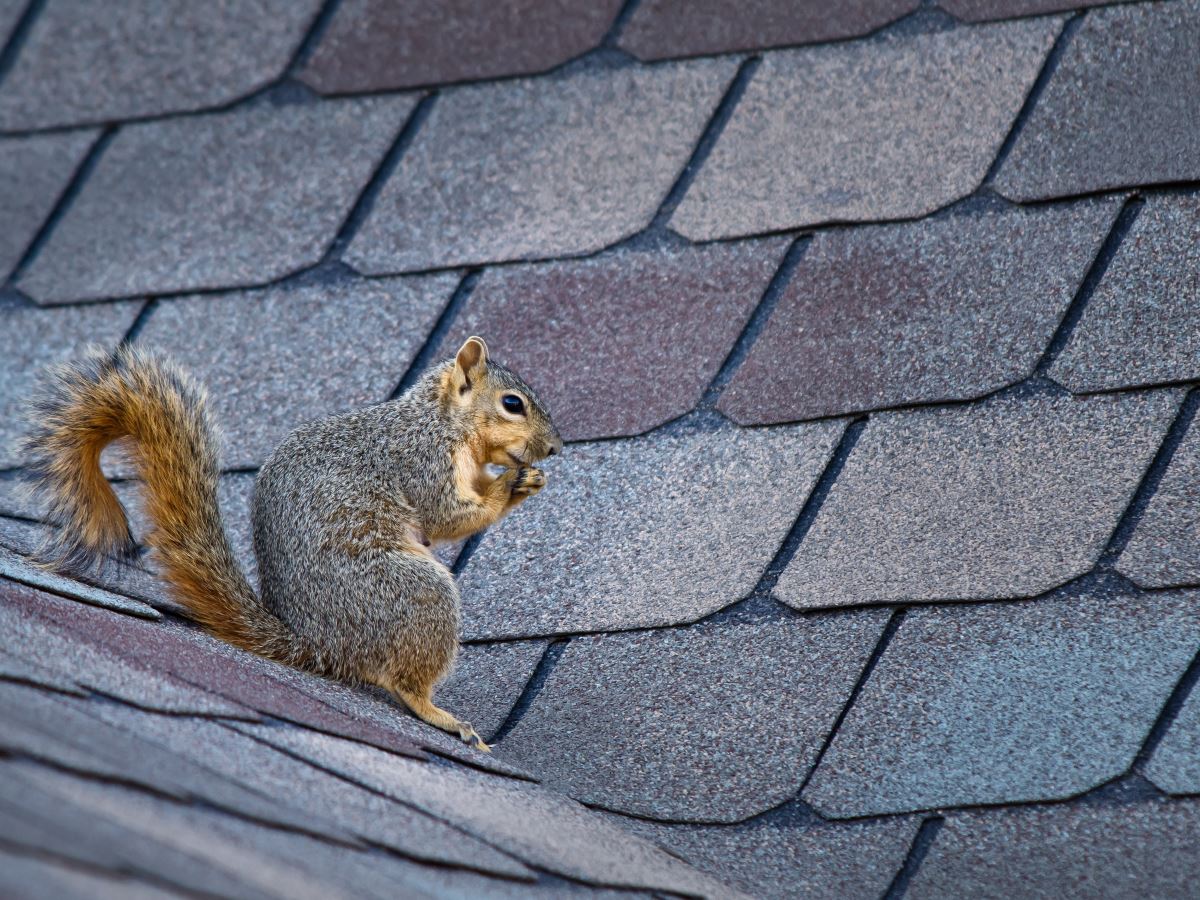Squirrel Control Morristown, NJ
Squirrel removal, trapping and exclusion are challenging and hazardous. They're definitely not do-it-yourself jobs, nor are most exterminators equipped to perform squirrel control properly. In fact, there's no such thing as "squirrel exterminating" or "squirrel pest control" because squirrels are considered nuisance wildlife, not pests. Squirrels must be controlled using humane, non-toxic squirrel removal methods, such as trapping and relocation, repairs, and exclusion ("squirrel-proofing").
Squirrel Removal Morris County
Permanent squirrel control requires specialized equipment and a keen knowledge of squirrel behavior. It also requires working in high places using long ladders, scaffolding, or bucket trucks ("cherry pickers") -- not the kind of equipment most people have sitting around in their garages.
So don't waste your time and endanger your life trying do-it-yourself squirrel control, nor waste your money with companies that don't have the equipment and know-how to do the job right. Call us instead for long-lasting squirrel removal and exclusion that's backed by the best warranty in the business.

More on Squirrels
Squirrels are familiar to almost everyone. More than 200 squirrel species live all over the world, with the notable exception of Australia.
The tiniest squirrel is the aptly named African pygmy squirrel—only five inches (thirteen centimeters) long from nose to tail. Others reach sizes shocking to those who are only familiar with common tree squirrels. The Indian giant squirrel is three feet (almost a meter) long. Like other rodents, squirrels have four front teeth that never stop growing so they don't wear down from the constant gnawing. Tree squirrels are the types most commonly recognized, often seen gracefully scampering and leaping from branch to branch. Other species are ground squirrels that live in burrow or tunnel systems, where some hibernate during the winter season. (National Geographic Fact)
